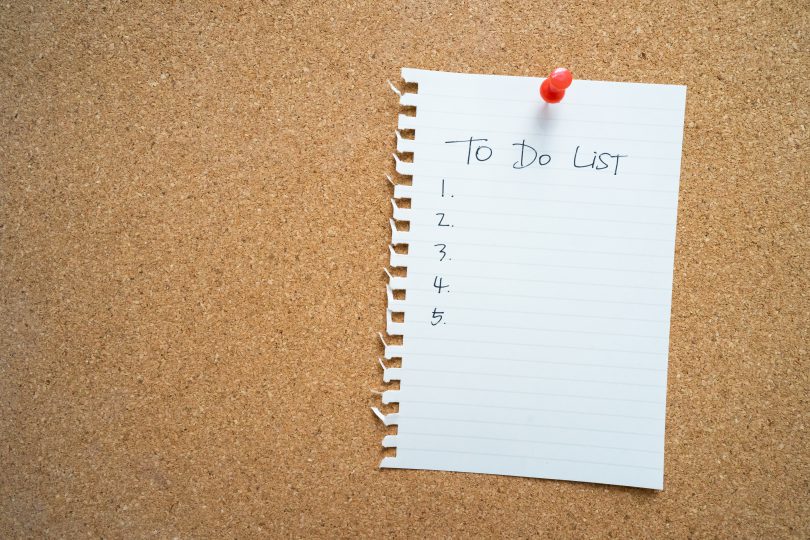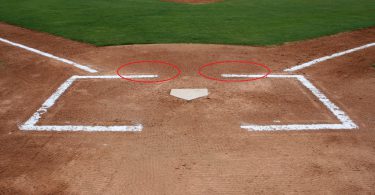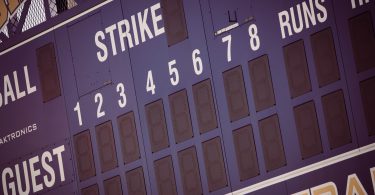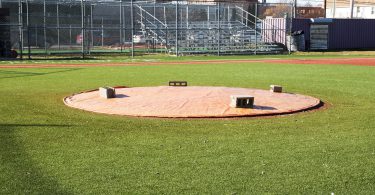Preparing for Contact
Want to get recruited and play college baseball? Wondering what kind of paperwork you might need? What other things do you need to make it easier for coaches and recruiters to make decisions about you? Coaches are looking for players who are organized and prepared on and off the field. Being able to communicate clearly and efficiently is critical to forming relationships with coaches. You can show them that you are a responsible and detail-oriented recruit.
In fact, being ready to answer requests from coaches can go a long way in making you a legitimate recruit. We’ve organized a list of things that you will likely need when preparing to contact coaches. You’ll want to be ready to share this information with coaches at various stages of the recruiting process. Being ready before you reaching out to college coaches will help you be prepared to take advantage of opportunities when they come.
Your current schedule.
Keep an electronic copy of your upcoming game schedule so you can email it out to interested coaches when they request it.
An email address that is easy to remember.
Create a simple email address that you can use for all your recruiting correspondence. Something with your name and grad year is a great help and easy for coaches to remember. For Example: Johndoe2017@kpb.org.
Copies of your test scores (ACT and/or SAT).
Coaches will ask for scores to make sure you meet the entry requirements for their schools. Most often they will ask for an unofficial copy of your test scores. Keep hard copies and electronic files of your test scores handy. When you prepare for contact with coaches, you can mail, fax, or email them to a coach at a moment’s notice.
Transcripts.
Coaches will ask for transcripts to make sure you are in good academic standing and meet entry requirements for their schools. Most likely, they will first ask for an unofficial copy of your transcripts. Keep hard copies and electronic files of your transcripts handy. That way you can mail, fax, or email them over to a coach if he asks for them. Update them whenever you get new grades so they stay current.
A video of your baseball skills.
Preparing for contact with coaches these days requires a video. Having a skills video has become a necessity for recruits (it’s currently the only way to get in front of D1 coaches) and requests for videos are common. College coaches use video for initial evaluation and to help build their list of players to go see in person. Players get recruited from video all the time. Also, it’s increasingly more common for commitments based on video with no in-person follow-up.
Videos don’t need to be fancy or long, they just need to offer coaches a glimpse of your skills, athleticism, and baseball ability. To summarize it bluntly, video is a must. Luckily, we offer a free online course. You’ll have everything you need to create your own video in 1-2 hours. You can enroll for FREE by clicking HERE. Additional video resources and guides can be found on this website HERE.
Baseball References.
You’ll want to have contact information for your coaches and any other personal baseball references (scouts, opposing coaches, etc.) ready to text, email, or give to coaches. Having credible baseball references who know you and college baseball well and can vouch for your talents can make a big difference. You’ll want to make sure you ask people if it is okay to use them as a reference before giving their contact information out.
Your parent/guardian’s tax forms from the past few years.
These will be necessary when filling out your FAFSA financial aid forms. Check out our post on why these forms are so important. You need to get these forms done right and on time. The post includes tips and a list of official links that will help .
Documentation of disabilities.
If you have a documented learning disability, it will be important to have that information available. You’ll need it if it is requested by the school admissions office. This is not something you should try to hide from coaches. College athletic departments often have additional academic services for student-athletes. You will want to find out how each program deals with accommodations and what services they provide student athletes.
Keep KPB in your bookmarks and visit us often! Ok, this may be a little cheesy, but we are here to help you every step of the way. Check back often for our newest content and useful information!







